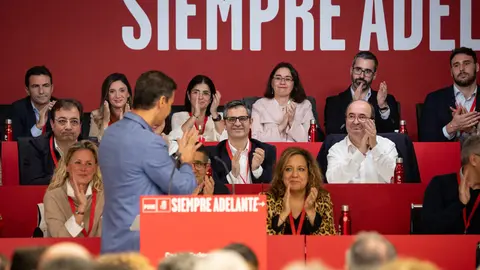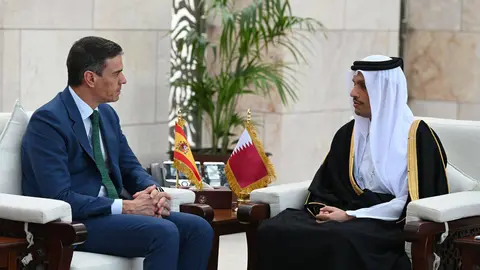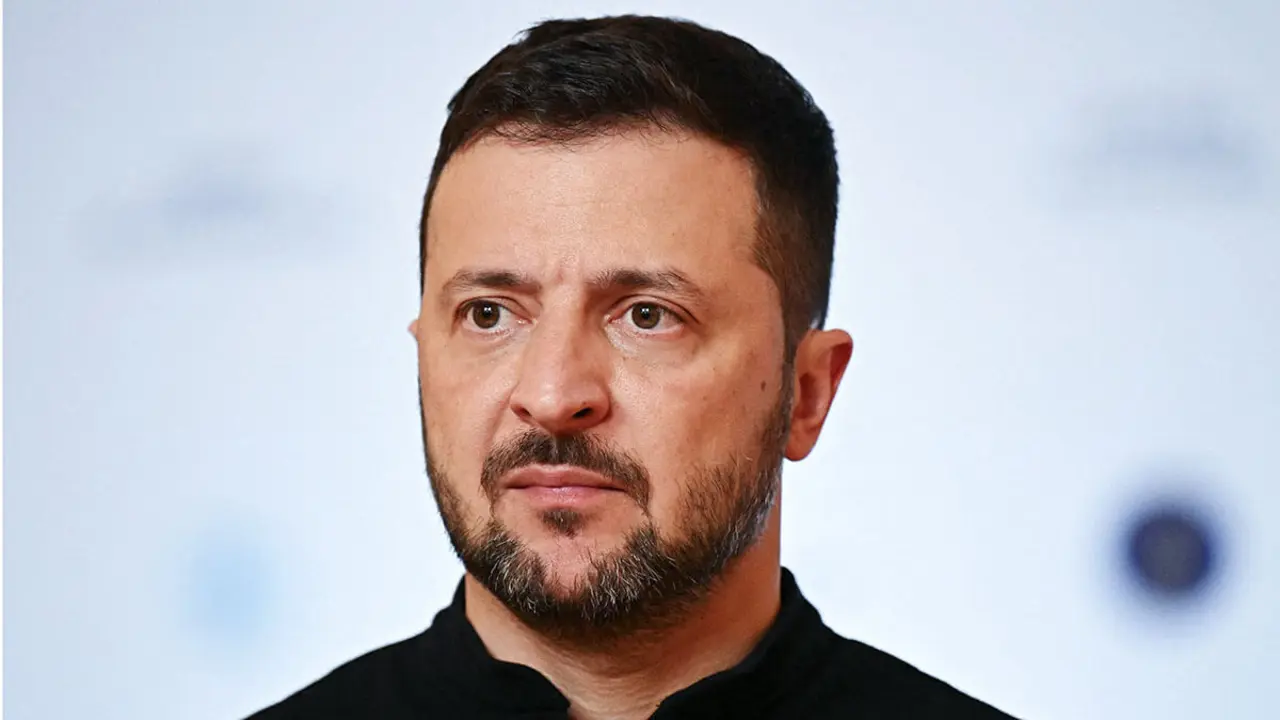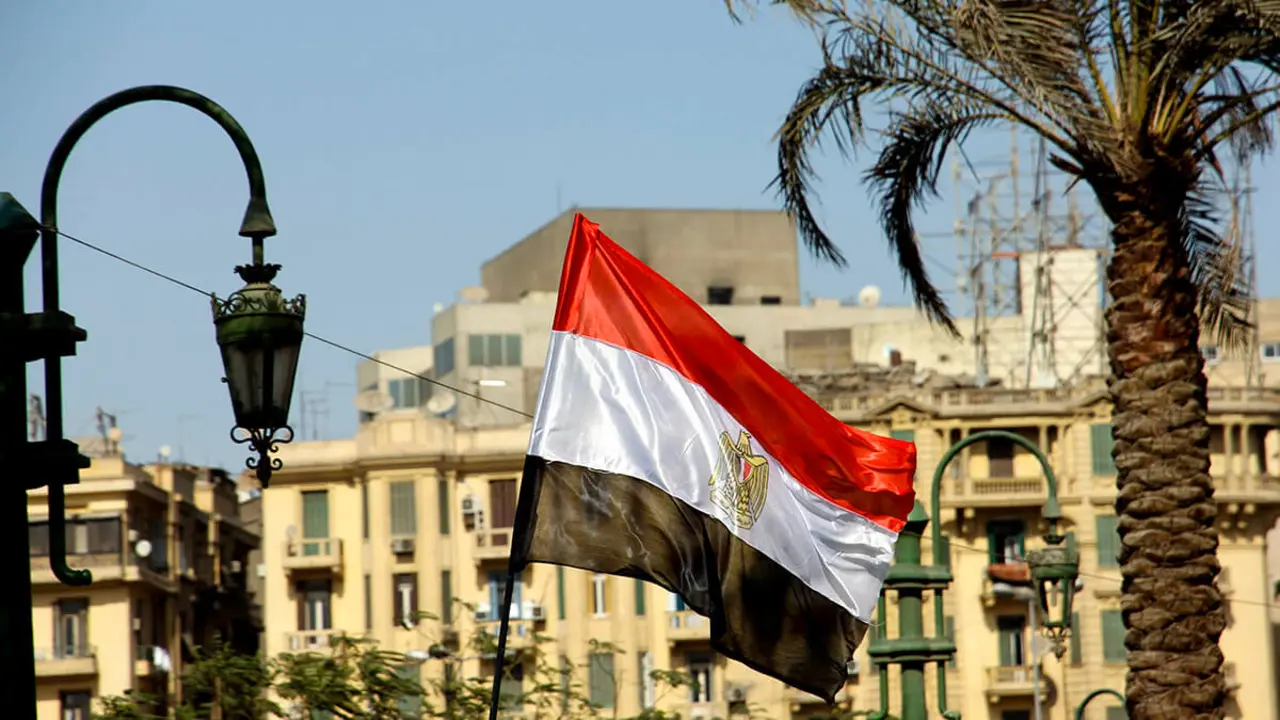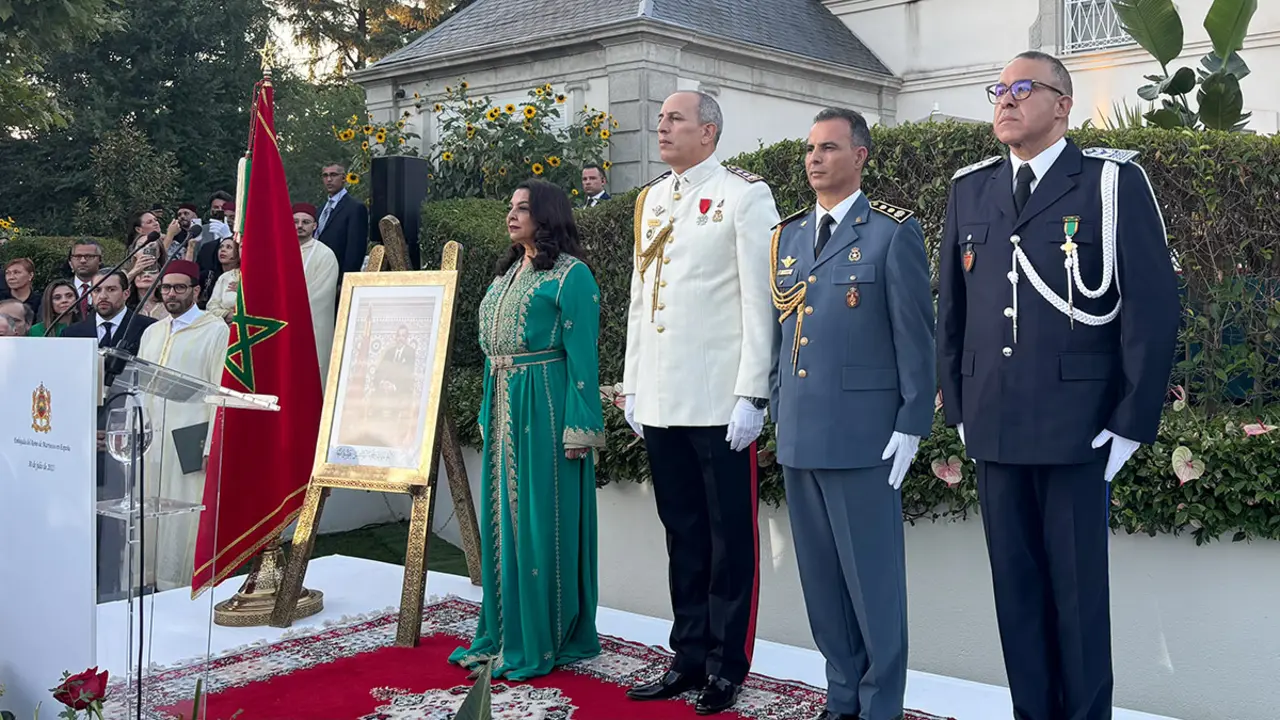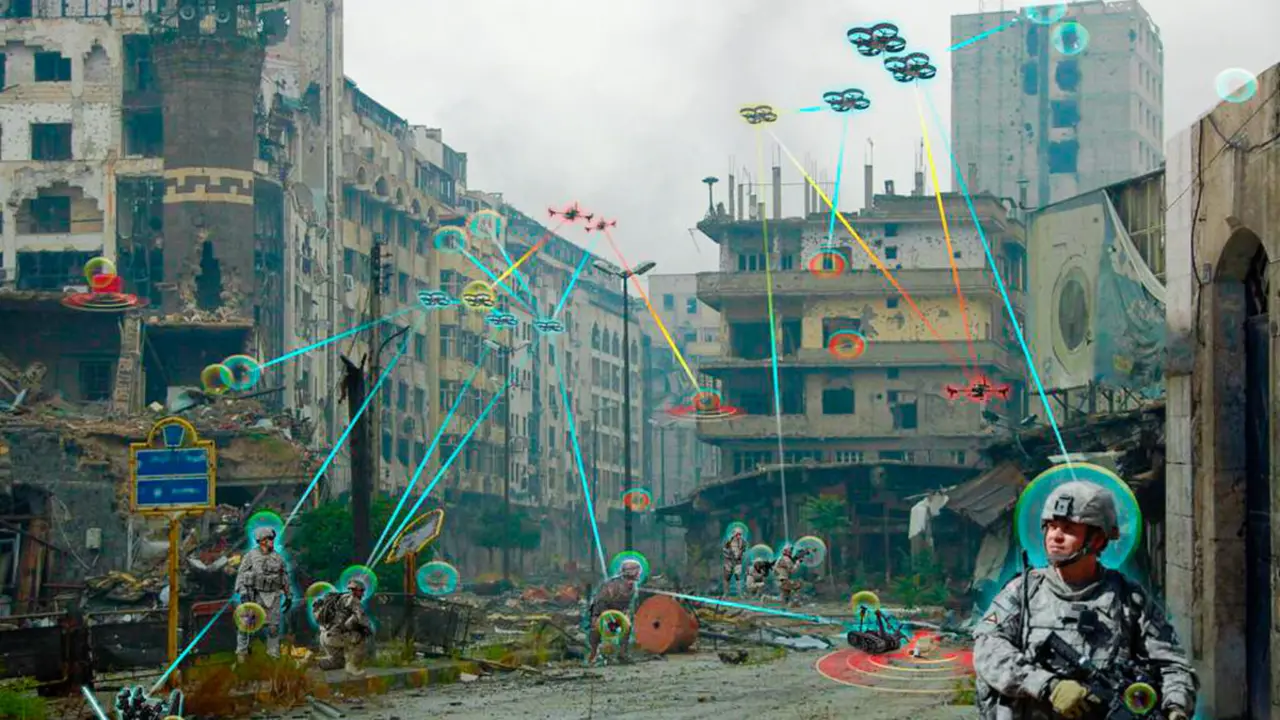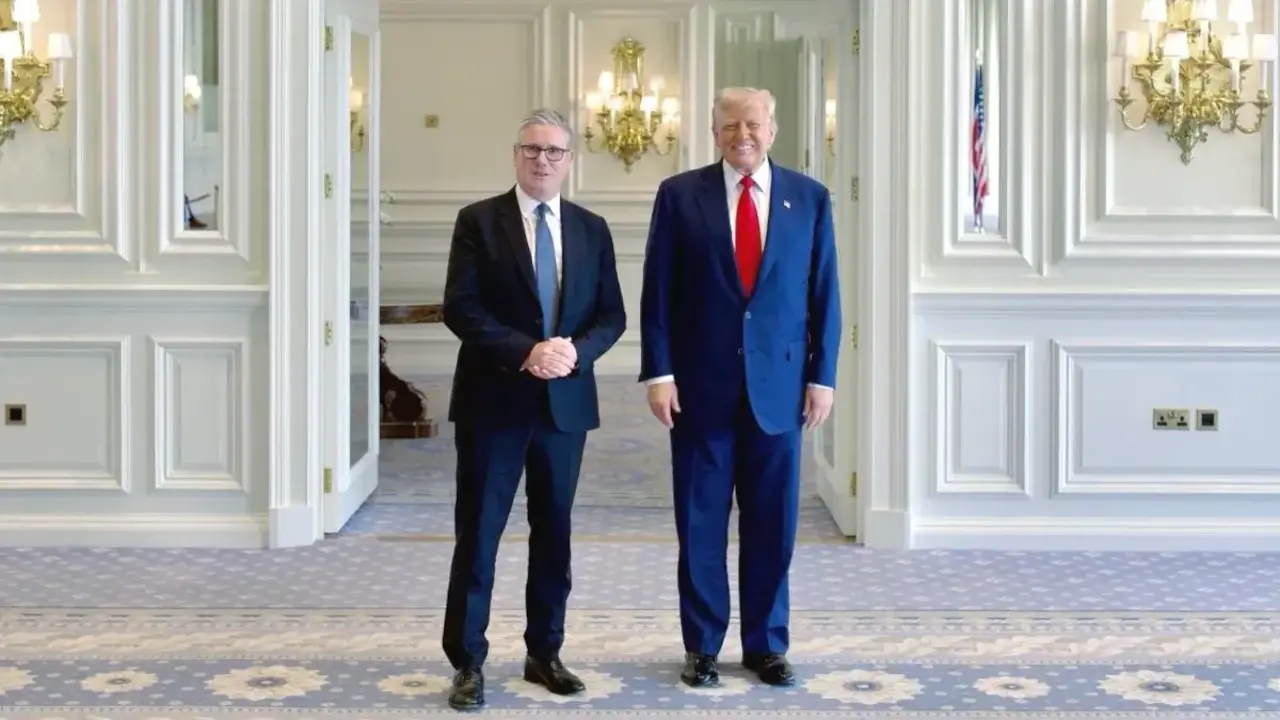Speculation about the possible departure of Pedro Sánchez

Pedro Sánchez, President of the Government of Spain, addressed the Spanish public in a letter published on social networks in which he said he needed to "stop and reflect" for a while after the uproar generated by the filing of a complaint against his wife, Begoña Gómez, who is accused of alleged influence peddling and alleged corruption in business.
It all started with the complaint filed by the Manos Limpias trade union, branded as far-right by various sectors, in which Begoña Gómez is accused of alleged influence peddling and alleged corruption in business dealings. Following the filing of the complaint, a Madrid court has opened an investigation into the president's wife. According to Pedro Sánchez, the facts are "as scandalous" as they are "non-existent", and his wife has already taken legal action, as reported by various media outlets such as Infobae. A complaint that is unlikely to succeed.
Pedro Sánchez was questioned about this in Congress and limited himself to saying that he trusts the Spanish justice system and respects it even at this time. Subsequently, he announced that he needed to stop and reflect, halting his public agenda. A situation of which he also informed King Felipe VI, as sources from Radio Televisión Española confirmed.
The President of the Government has asked for time to reflect and has stopped his public agenda for four days; he will continue to carry out his duties and functions, although without public acts. All of this until Monday 29 May, the day he has set aside for a public announcement.

Scenarios that are opening up
Next Monday he could announce that, despite what has happened, he is staying on, which would mean that everything would continue as before. In this case, the time for reflection would have served as a warning in the face of the tension that has been present in Spanish politics in recent years.
The President of the Government could also call elections to see what the Spanish people decide once again. Although this could not take place until 23 July because this procedure requires the dissolution of the Cortes and a year must pass since the previous dissolution that led to the holding of the last elections, after which the current government led by Pedro Sánchez was formed. The last dissolution of the Cortes took place on 29 May and the subsequent call for elections on 23 July.
On the other hand, he could also resign in the face of the pressure generated. In this case, the government would remain in office with the vice-president María Jesús Montero at the head until elections are called and held to form a new government. The acting government would have a very limited capacity for manoeuvre and normality could not be restored until the formation of a new government after the holding of elections.
And, finally, the President of the Government could pose a question of confidence in order to strengthen his position in Congress in the face of the situation that has arisen. In order to have the support of the lower house, he would only need the support of a simple majority in the chamber, something that in principle would be guaranteed with his current government partners.
A history of confrontation
Since he came to power following the motion of censure that ousted the former leader of the now-opposition Popular Party (PP), Mariano Rajoy, from the presidency, the current Prime Minister, Pedro Sánchez, has suffered several moments of political tension related to a generalised tension during his terms in office.
The main source of friction is the acrimony between the ruling Spanish Socialist Workers' Party (PSOE) and the PP, which has been heightened since the motion of censure that brought Pedro Sánchez to power.
Pedro Sánchez took full control of the PSOE after a strong internal crisis in the party between the end of the mandate of former leader José Luis Rodríguez Zapatero and his succession as Secretary General of Spain's main left-wing party.
Pedro Sánchez withstood much infighting and won majority support within the party apparatus to become the party's secretary general. From there, he became the main leader of the opposition to the ruling PP and managed to have the support of Congress to carry out the motion of censure against Mariano Rajoy and become president of the Spanish government in 2018. In a context of economic crisis and with a PP beset by various accusations of corruption.
Since then, it has been six years of tough political confrontations and complicated mandates for Pedro Sánchez, with global problems such as the COVID pandemic, the war in Ukraine, the war in Gaza and the persistent global economic and inflationary crisis.
Vicissitudes in the face of which he has always stood firm, applying the motto of his book: "Resistance Manual". A title that fits his ability to resist and overcome all setbacks in his party and in the government.
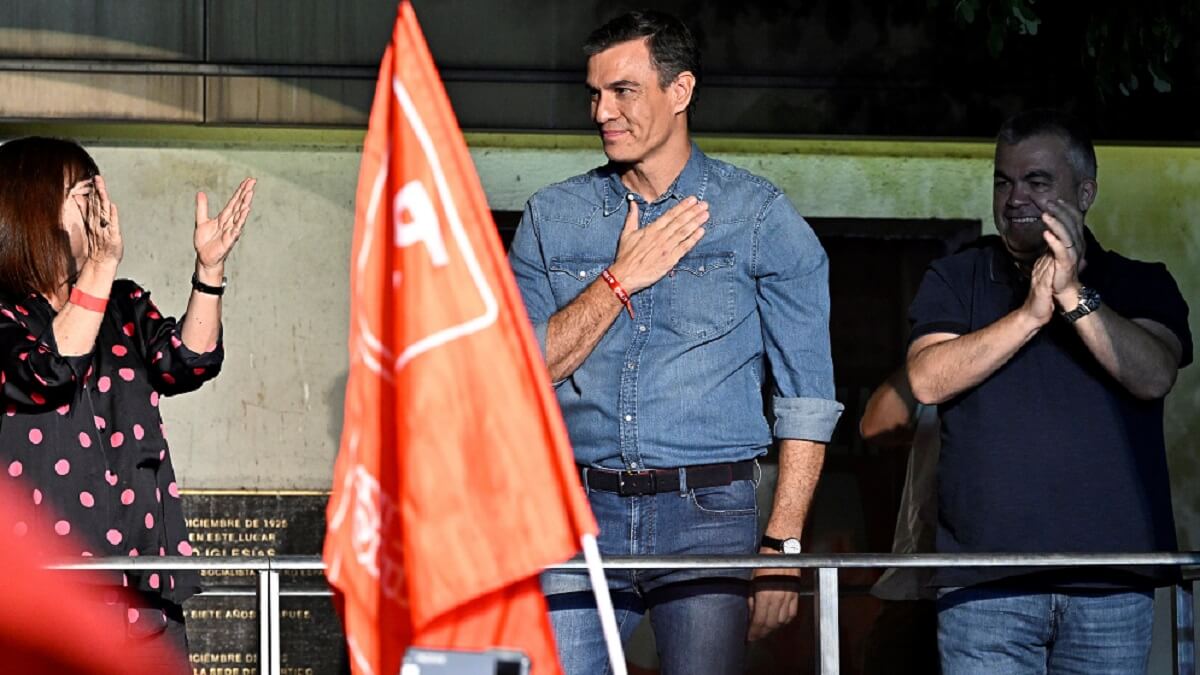
Another sore point in his career is his excessive dependence on nationalist and pro-independence parties, on which he has relied both in his previous government and in the current one, as he did not have the numbers to govern alone. The nationalist and pro-independence parties have their claims, even going as far as sovereignty and the possible holding of a referendum on independence in Catalonia, for example, something Pedro Sánchez has had to deal with in recent times. An issue that has been a serious drain on his government.
It should even be remembered that, after the last elections in 2023, the PP won the elections in terms of votes and seats, but Pedro Sánchez managed to gather the necessary support to form a government, together with Basque and Catalan nationalist and pro-independence parties and other left-wing formations such as Sumar, a split from the defenestrated Podemos group.
Now it remains to be seen what Pedro Sánchez announces next Monday. Whether he quits after the last strong controversy over his wife's business dealings following the complaint by the Manos Limpias trade union, or whether he continues to apply his "Resistance Manual" and stays in power or forces the situation so that the Congress will give him its confidence again and fill itself with support to continue with his legislature.
We will see what the next twist in the script is, something Pedro Sánchez has been very prone to during his political activity, such as when he called early general elections the last time after the PSOE's disastrous regional elections, something that did not finally take the expected toll, and he even managed to renew his position as president of the Spanish government.

